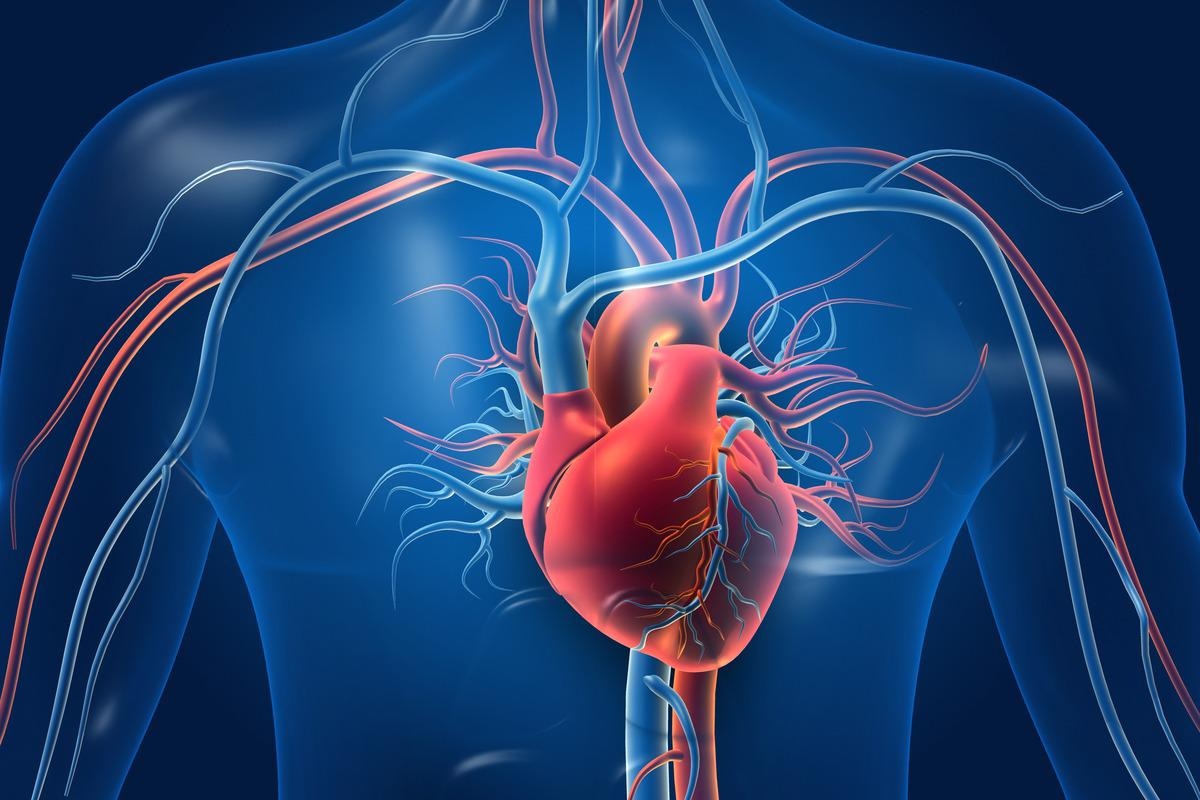WHAT IS COPPER?
Copper is a trace mineral that is required for survival and is found in all body tissues. It is essential for the development of red blood cells, the upkeep of nerve cells, and the support of the immune system. Copper aids in the synthesis of collagen, facilitates the absorption of iron, and is essential for the creation of energy. Key organs like the liver, brain, heart, kidneys, and skeletal muscles contain most the body’s copper stores.
Copper levels can affect brain function, and they have been linked to diseases like Menkes, Wilson’s, and Alzheimer’s disease. Despite being uncommon, copper deficiency can cause cardiovascular problems and other health problems. This blog investigates the health advantages of copper, its sources, and any possible hazards to health related to copper levels in the body.

WHAT ARE THE HEALTH BENEFITS OF COPPER?
In the human body, copper, an important trace mineral, acts as a silent winner, toiling persistently in the background to support a variety of facets of health and wellbeing. Here are a few of copper’s main advantages.
- Cardiovascular Health: The effects of copper on cardiovascular health are substantial. Two key risk factors for cardiovascular disease (CVD), high blood pressure and increased cholesterol, have been linked to low copper levels. Although more research is required to completely understand its impact on human cardiovascular health, researchers have speculated that copper supplementation may be advantageous for some people with heart failure. Due to its role in the cross-linking of the proteins, collagen, and elastin, which are crucial for the structural stability and flexibility of blood vessels, copper plays an important role in preserving blood vessel integrity. These characteristics help to keep blood pressure levels in a healthy range and to prevent arterial stiffness. Copper’s potential as a safeguard for heart health is an intriguing field of research, even though the mechanisms need more investigation.

- Neurons Signalling: The biological significance of copper is made more intriguing by its function in neuron signalling. In nerve cells, copper modulates the signalling process like a precisely adjusted dimmer switch. High copper concentrations in nerve cells appear to inhibit neuronal signalling, whilst low concentrations appear to boost typical signalling. For the nervous system to work properly and for neurons to communicate efficiently, this precise balance is necessary. The importance of copper to brain health is underscored by its function as a regulator of neuron signalling, even if further study is required to fully understand the complexities of copper’s effect on neuronal communication.
- Immune function: A strong immune system is built on copper. Lack of neutrophils, a type of white blood cell essential for fighting infections, can cause neutropenia, a condition marked by a lack of copper intake. Due to weakened immune systems, people with neutropenia are more vulnerable to infectious illnesses. Fortifying the immune system and the body’s defences against infections need maintaining enough copper levels. Copper’s importance in preserving general health is demonstrated by its involvement in promoting immunological function.
In conclusion, copper is a trace mineral that has a variety of health advantages, including the development of red blood cells, cardiovascular health, neuron signalling, immunological function, and potential roles in the prevention of osteoporosis. Thus, a balanced, nutrient-rich diet is essential for overall health, and maintaining an optimum level of copper in the diet emphasises this
HOW TO INCORPORATE COPPER IN YOUR DAILY LIFE?
Each age group has a separate recommended dietary intake of copper, with the goal of providing adequate intake while avoiding amounts that are too high. The suggested dosage for newborns 0 to 12 months old is 200 micrograms (mcg). Children between the ages of 4 and 8 are encouraged to eat 440 mcg of copper per day, while children between the ages of 1 and 3 are advised to aim for 340 mcg.
Teenagers should strive for a daily dose of 700 mcg between the ages of 9 and 13, and between the ages of 14 and 18, it rises to 890 mcg. A daily copper intake goal of 900 mcg should be set for those who are 19 years of age and older.
The suggested copper consumption is a little bit higher for women who are pregnant or giving birth. The recommended daily copper intake for pregnant and lactating teenagers is 1,000 mcg, while pregnant and lactating adults should strive for 1,300 mcg per day. It’s crucial to remember that most people can usually consume enough copper through a balanced diet, and doing so is generally safe.
Excessive copper intake is uncommon and typically happens when people are exposed to high levels of copper through tainted water, chemicals that cause heavy metal poisoning, or overusing copper supplements. The body has systems that slow down copper absorption in response to high copper intake to prevent excessive buildup. In order to meet your copper needs and reduce the chance of having too much copper in your body, it is generally safest and most effective to consume the appropriate amount of copper through food sources.
WHAT IS THE FUNCTION OF COPPER IN THE BODY?
When consumed, copper is critical to several vital physiological processes that occur inside the human body. For several enzymes, it works as a cofactor, facilitating their catalytic activities. Helping to transform iron into a form that the body can easily absorb is one of its main roles. This is particularly important since iron is required to produce haemoglobin, the protein in red blood cells that transports oxygen. Due to copper’s role in this process, the body effectively produces red blood cells and maintains their ability to carry oxygen, preventing anaemia and enhancing general strength.

Additionally, copper is necessary for the synthesis of collagen, a crucial structural protein that gives connective tissues, bones, and blood vessels their strength and flexibility. The health of the skin, blood vessel integrity, and wound healing all depend on collagen. The relevance of copper in tissue repair and overall structural stability inside the body is highlighted by its role in collagen formation. Additionally, copper helps antioxidant enzymes work properly to save cells from oxidative harm.
Copper supports the body’s defence against oxidative stress, which is linked to a number of chronic diseases and the ageing process, by scavenging dangerous free radicals. In general, copper’s numerous health-promoting effects upon ingestion include increasing collagen production, iron absorption, and antioxidant defences.
WHAT ARE THE VARIATIONS OF COPPER SUPPLEMENTS?
Note that COPPER is also available as:
- Copper 1.5% Food State On Yeast (~1.5% I)
- Copper 1% Food State On Yeast (~1% Cu)
- Copper 1.5% Food State On Buckwheat (~1.5% Cu)
- Copper Aspartate Nutrition Grade (~12% Cu)
- Copper Bisglycinate Nutrition Grade (~29% Cu)
- Copper Citrate Hemitrihydrate Powder Nutrition Grade (~36% Cu)
- Copper Gluconate Anhydrous Nutrition Grade (~13% Cu)
- Copper Oxide Nutrition Grade (~78% Cu)
- Copper Sulphate Anhydrous Nutrition Grade (~39% Cu)
- Copper Sulphate Pentahydrate Nutrition Grade (~25% Cu)
COPPER is commonly available in:
- Copper tablets
- Copper capsules
- Copper powders
Glentworth Formulations is here to suit your every need. Everything from Tablets, Capsules and Powder blends.
If you are wanting to know more information, please get in contact with us. Either using the contact form or contacting us directly on: [email protected].


